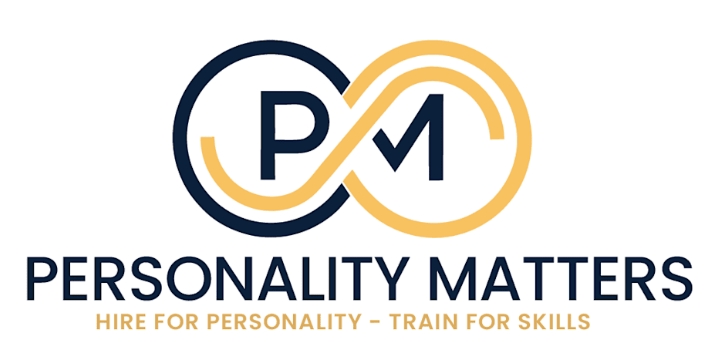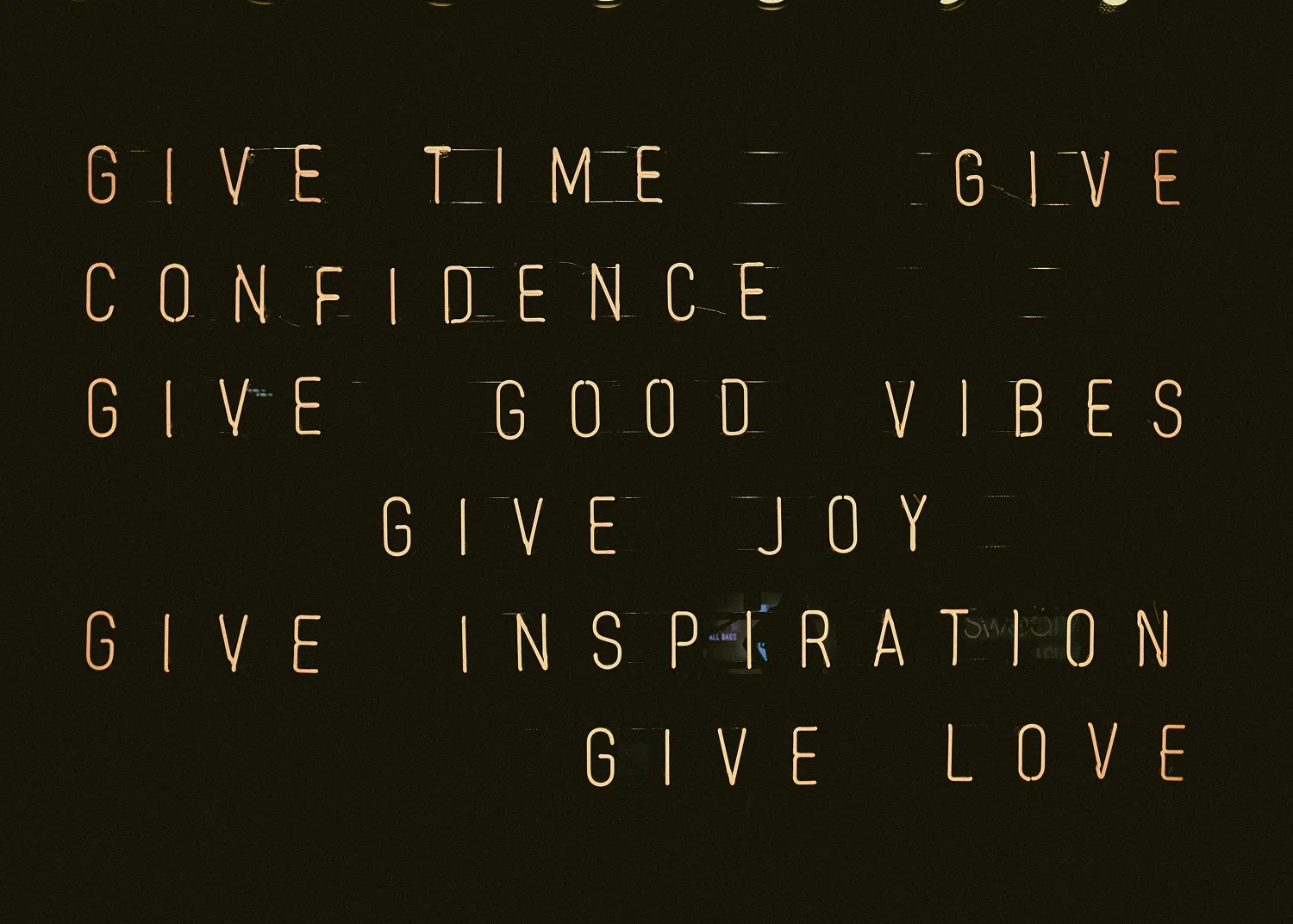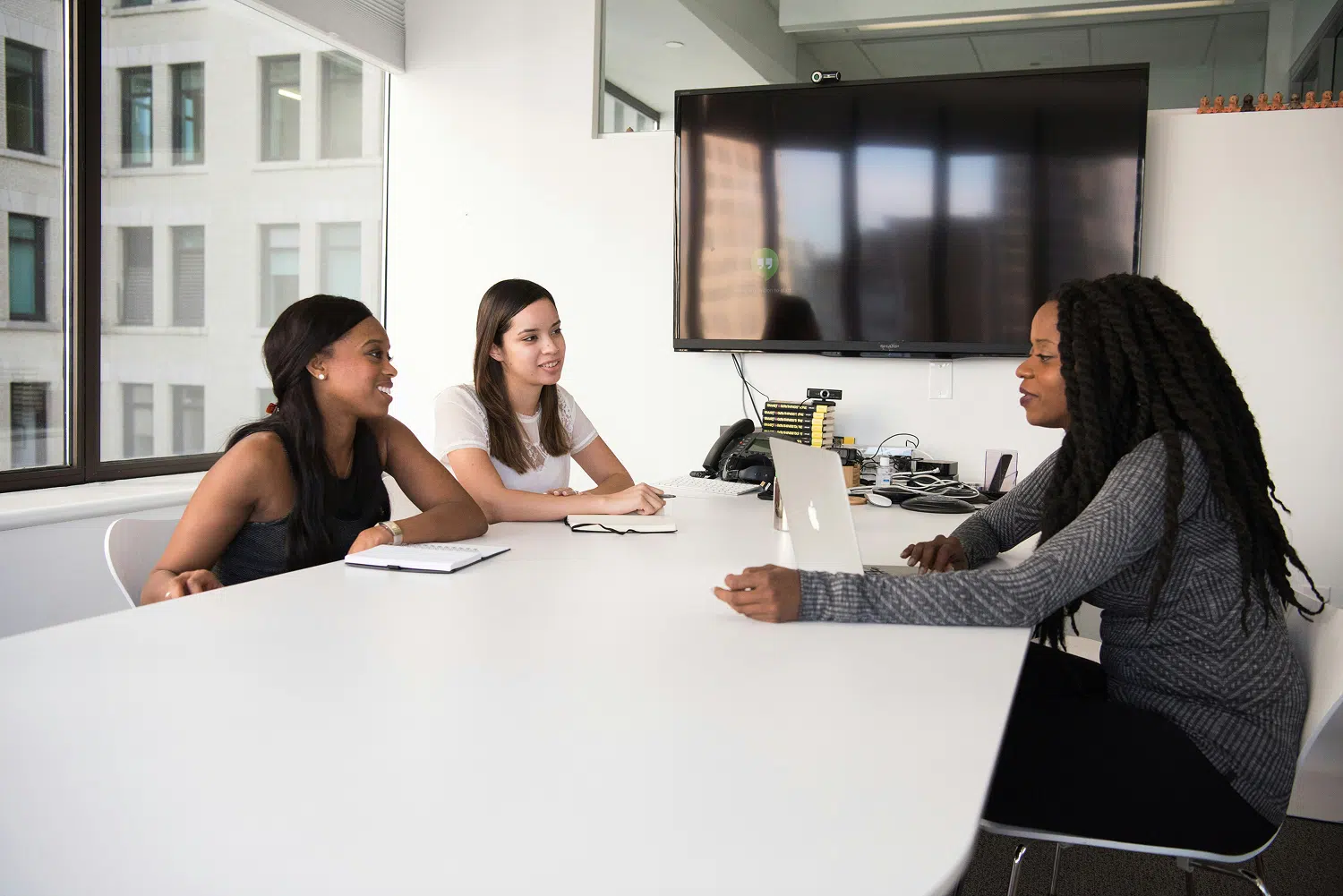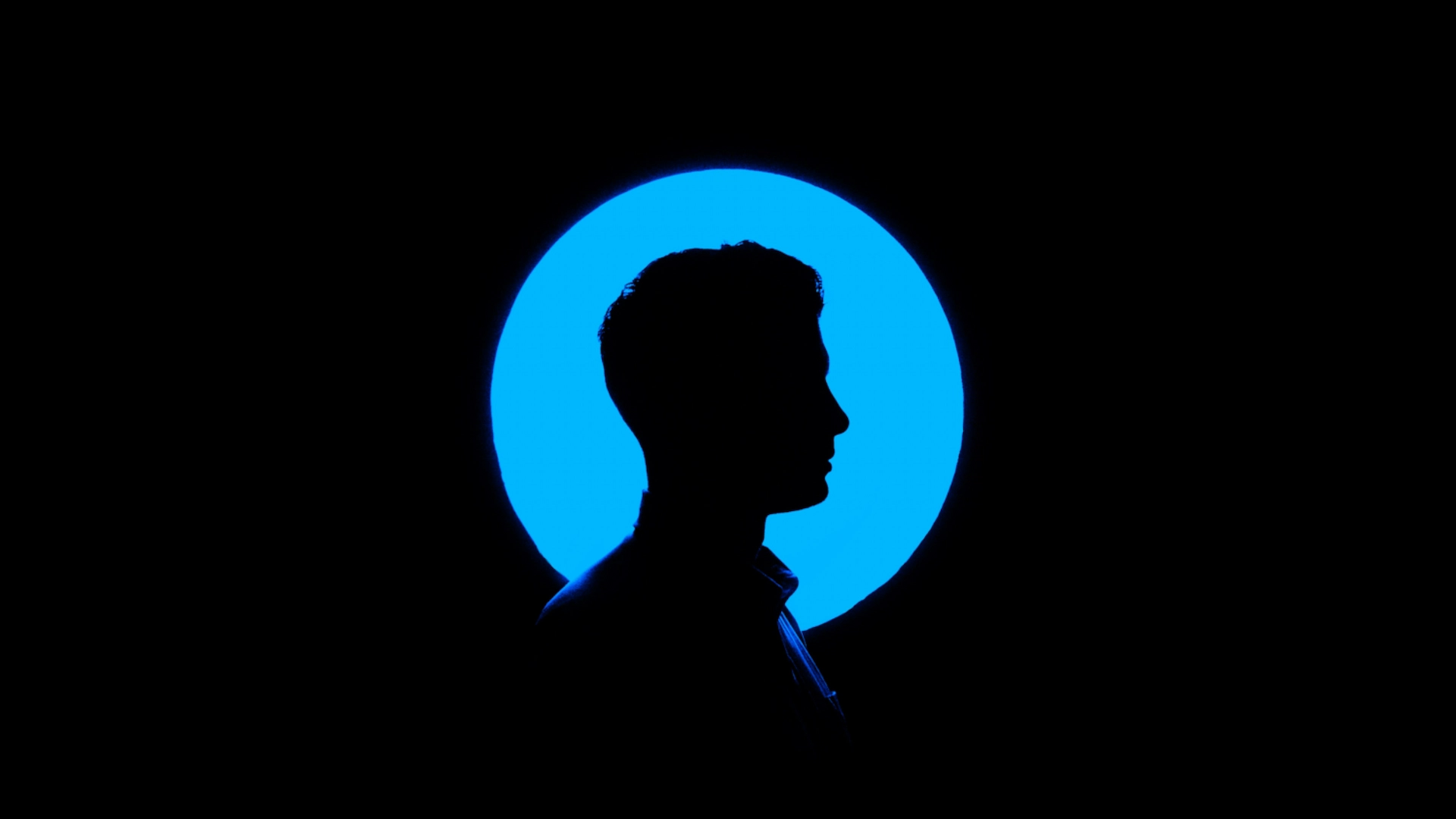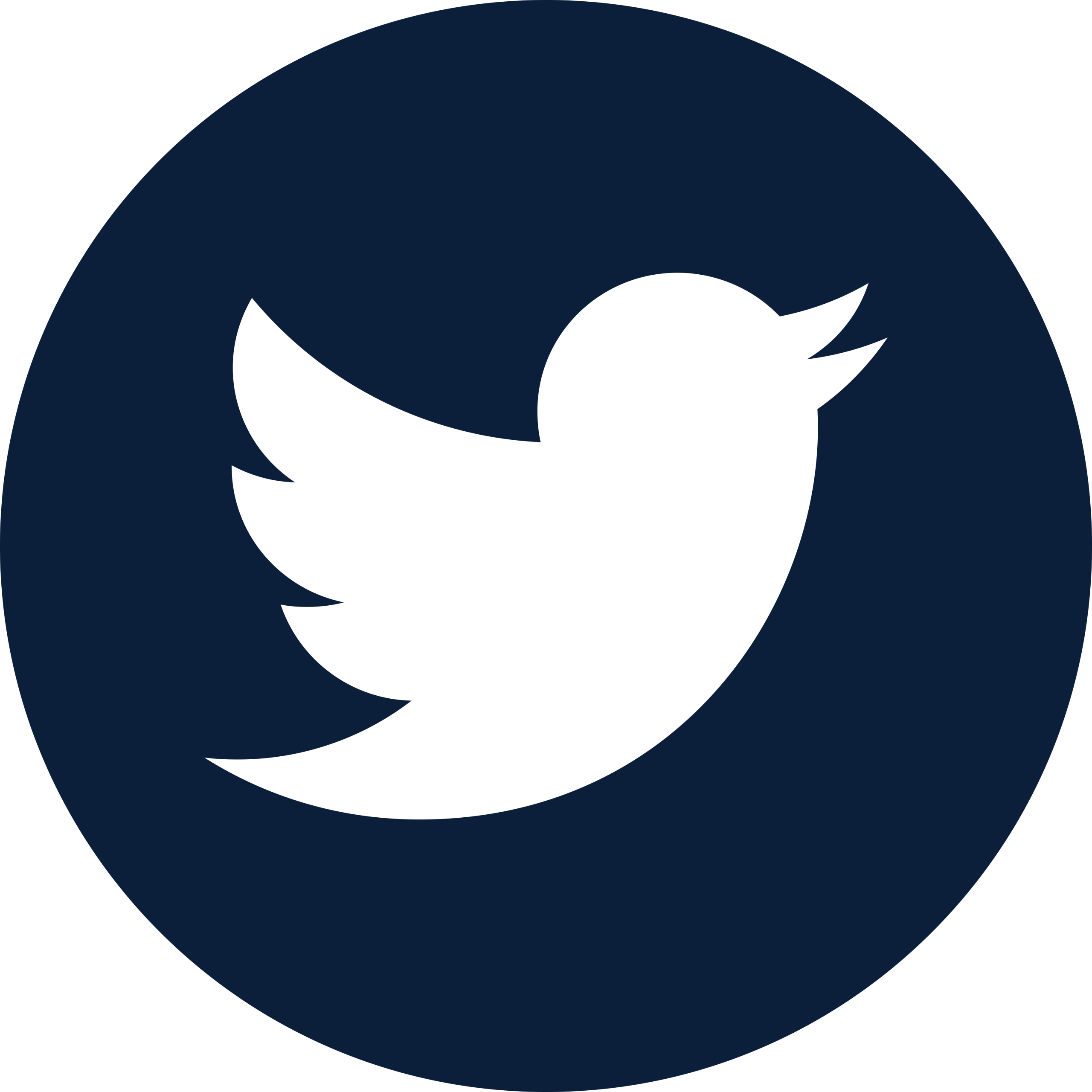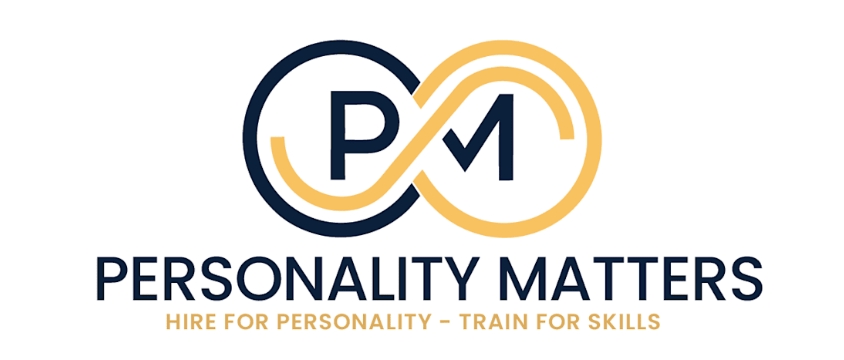Failure often gets a bad rap. Society tends to view it as something to avoid at all costs, something shameful or indicative of inadequacy. However, what if we redefined failure as an essential part of the personal growth process? What if setbacks could be seen as lessons, not obstacles?
In this blog, we’ll explore the critical role failure plays in personal development and why embracing setbacks can actually propel you toward your greatest successes.
- The Myth of Perfection: Why We Fear Failure
Start by addressing the cultural stigma surrounding failure:
- Discuss the pressure to always succeed, fueled by social media and success stories.
- Explain how the fear of failure often leads to procrastination, self-doubt, or perfectionism.
- Example: Share a personal or well-known example of someone who faced significant failures before reaching success (e.g., Thomas Edison, Michael Jordan, or J.K. Rowling).
- Failure as a Powerful Teacher: What You Learn from Setbacks
Explain how failure provides valuable lessons that success alone cannot offer:
- Self-awareness: How failure forces you to look inward and evaluate your choices, goals, and values.
- Resilience: Failure teaches you how to bounce back, adapt, and stay focused on your goals.
- Improvement: Each setback provides an opportunity to refine your skills, knowledge, and strategies.
- Example: Discuss a famous failure that led to eventual success, like Walt Disney’s rejection or Oprah Winfrey’s career struggles.
- The Role of Failure in Building Resilience
Dive into the idea that resilience is developed through overcoming failures:
- Growth through struggle: Emphasize how the process of recovering from failure builds emotional strength and mental fortitude.
- Overcoming fear: Each failure helps diminish the fear of failure itself, making you more confident in taking risks.
- Practical tips: Offer strategies for building resilience, such as developing a positive mindset, learning from mistakes, and keeping a long-term perspective.
- Failure as a Catalyst for Innovation and Creativity
Explain how failure can drive creativity:
- Innovation through trial and error: Failure encourages experimentation and new ideas.
- Example: Share how famous inventions or breakthroughs came from failed attempts, like Post-it Notes or the discovery of penicillin.
- Tip: Encourage readers to embrace “failure forward” thinking, which means using each setback as a stepping stone to try new approaches and solutions.
- Reframing Failure: Shifting from Defeat to Opportunity
Offer practical steps for reframing how readers view failure:
- Mindset shift: Teach readers to reframe failure as part of the learning curve rather than a permanent defeat.
- Self-compassion: Promote the importance of treating yourself with kindness when you face setbacks.
- Growth perspective: Remind readers that failure is not the opposite of success but a necessary component of achieving it.
- Embracing Setbacks for Long-Term Success
Link failure to long-term growth:
- Short-term setbacks, long-term rewards: Explain how short-term failures can lead to long-term success when used as learning opportunities.
- Developing grit: Discuss how setbacks help build determination and persistence, which are key components of long-term success.
- Example: Mention notable success stories of people who endured failure before achieving success (e.g., Steve Jobs returning to Apple after being fired).
- How to Embrace Failure: Practical Strategies
Provide actionable tips for embracing and learning from failure:
- Reflect on the experience: Take time to understand what went wrong and what you can learn.
- Separate identity from failure: Remind readers that a failure does not define their worth as a person.
- Fail fast, fail often: Encourage readers to take more risks and view each failure as a necessary step toward success.
- Support system: Build a network of supportive people who encourage risk-taking and help you navigate failures.
Conclusion:
Failure is not something to be avoided but embraced. It’s a vital part of personal growth that helps us build resilience, gain valuable insights, and ultimately achieve our goals. By shifting our mindset around failure and setbacks, we can unlock our true potential and approach life with courage and creativity.
Remember, every successful person you admire has faced failure. The key is not to fear it, but to learn from it and use it as fuel for your personal growth journey.
Call to Action:
- Prompt for Reflection: Have you recently experienced a setback that turned out to be a valuable lesson? Share your thoughts in the comments!
- Encourage Action: Next time you face a challenge, try embracing it as an opportunity to grow rather than a roadblock. What’s one step you can take today to learn from failure?


